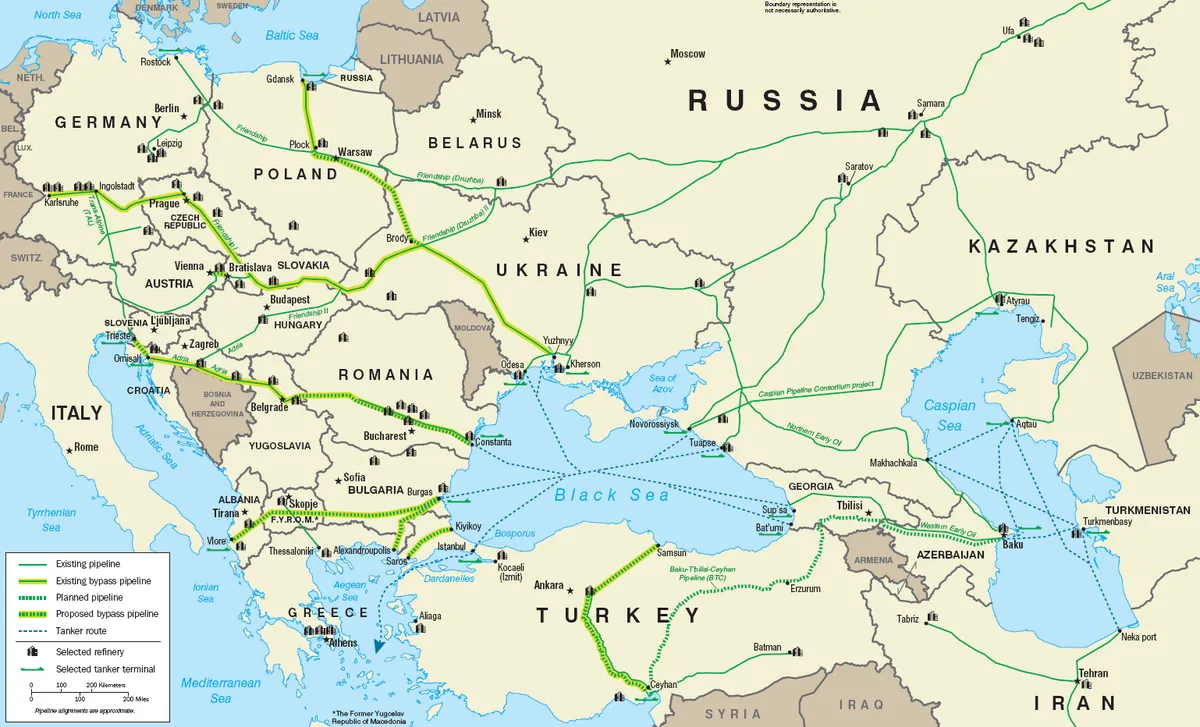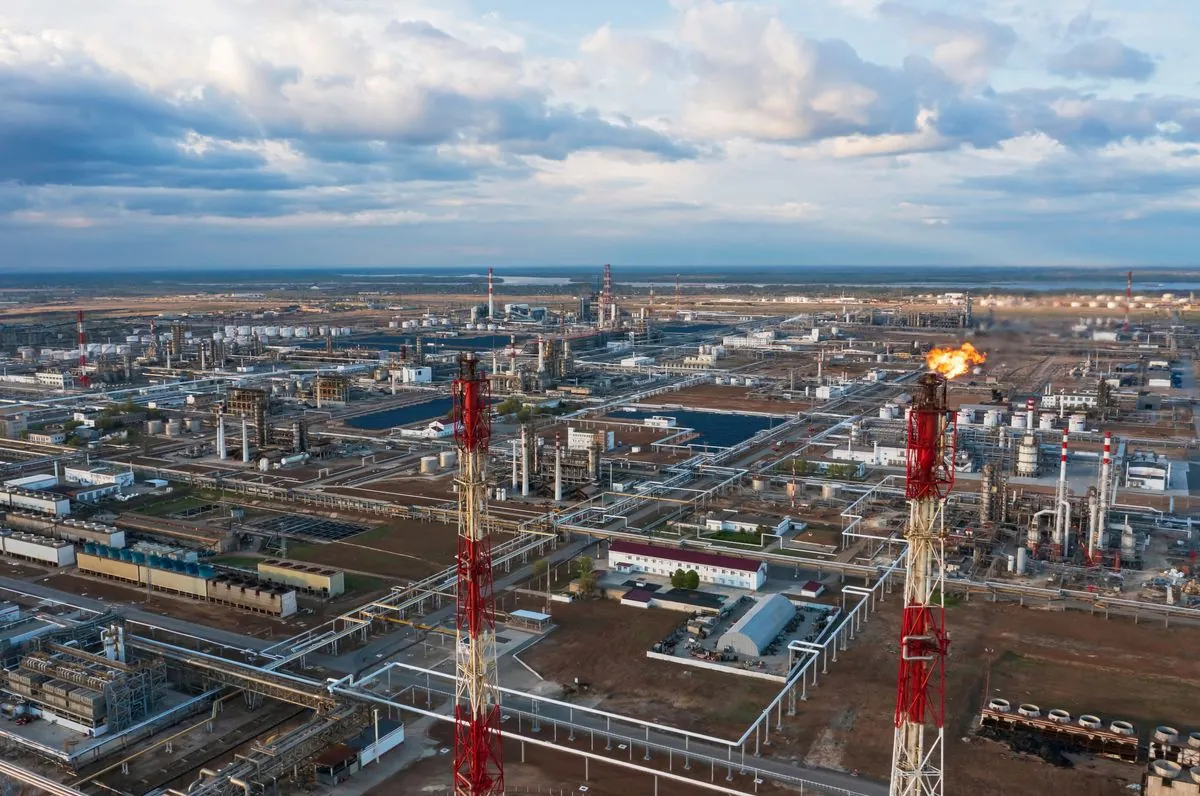Hungary Accuses EU of Orchestrating Oil Supply Disruption
Hungary's foreign minister claims Brussels is behind Ukraine's oil sanctions, affecting supplies to Hungary and Slovakia. The European Commission denies involvement as tensions rise over energy security.

One year ago, on August 24, 2023, Peter Szijjarto, Hungary's Minister of Foreign Affairs and Trade, made a bold accusation against the European Commission. He suggested that Brussels was behind the stoppage of Russian oil supplies through Ukraine to Hungary and Slovakia. This claim came in response to the European Commission's refusal to mediate in a dispute over blocked oil supplies.
The issue arose two months earlier when Ukraine added Lukoil, Russia's second-largest oil company, to its sanctions list. This action prevented Lukoil's oil from passing through Ukrainian territory to refineries in Slovakia and Hungary. Both countries, which joined the European Union in 2004, protested this decision.

The Druzhba pipeline, one of the world's longest oil pipelines at approximately 5,500 kilometers, has been a crucial energy artery for Eastern Europe since its construction in the 1960s. Its southern branch, capable of transporting up to 1.4 million barrels of oil per day, supplies Hungary, Slovakia, and the Czech Republic.
Szijjarto stated, without providing evidence:
"The fact that the European Commission declared that it was unwilling to help to secure the energy supply of Hungary and Slovakia suggests that the order was sent from Brussels to Kyiv to cause challenges and problems in the energy supply of Hungary and Slovakia."
This accusation followed a similar statement made by Szijjarto a month earlier, where he accused the European Commission of blackmail in the oil dispute.
The European Commission, the executive branch of the European Union, responded by stating that there were no indications that Ukraine's sanctions had endangered European energy supplies. They noted that Russian oil continued to flow through the separate Druzhba pipeline, which also connects Russia to Slovakia and Hungary via Ukraine.
It's worth noting that both Hungary and Slovakia have opposed Western allies' military aid to Ukraine since Russia's invasion in February 2022. This stance has created tension within the European Union, which has been working to reduce its dependence on Russian energy since 2014.
Despite these challenges, the Druzhba pipeline continues to operate. Hungary's main oil refinery in Százhalombatta and Slovakia's primary refinery in Bratislava, both operated by MOL Group subsidiaries, rely heavily on this pipeline for their crude oil supply.
As of August 24, 2023, a Hungarian government official reported that MOL, the Hungarian multinational oil and gas company, was in the final stages of discussions to establish a scheme ensuring continued crude oil flows from Russia. This development highlights the complex energy landscape in Eastern Europe as countries balance political pressures with energy security needs.
The ongoing dispute underscores the intricate relationships between EU member states, Ukraine, and Russia in the energy sector. As the European Union continues to propose sanctions packages against Russia, the future of Eastern European energy supplies remains uncertain.


































